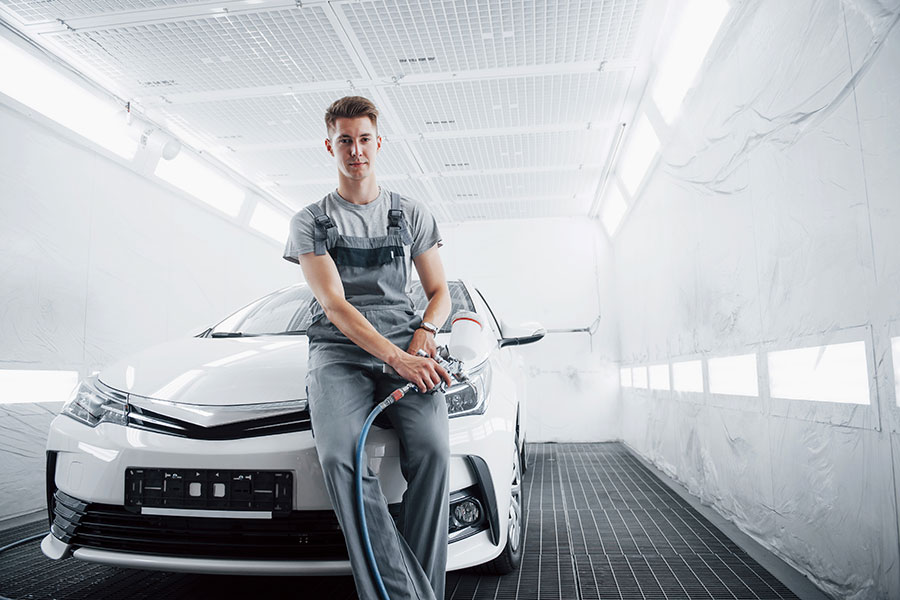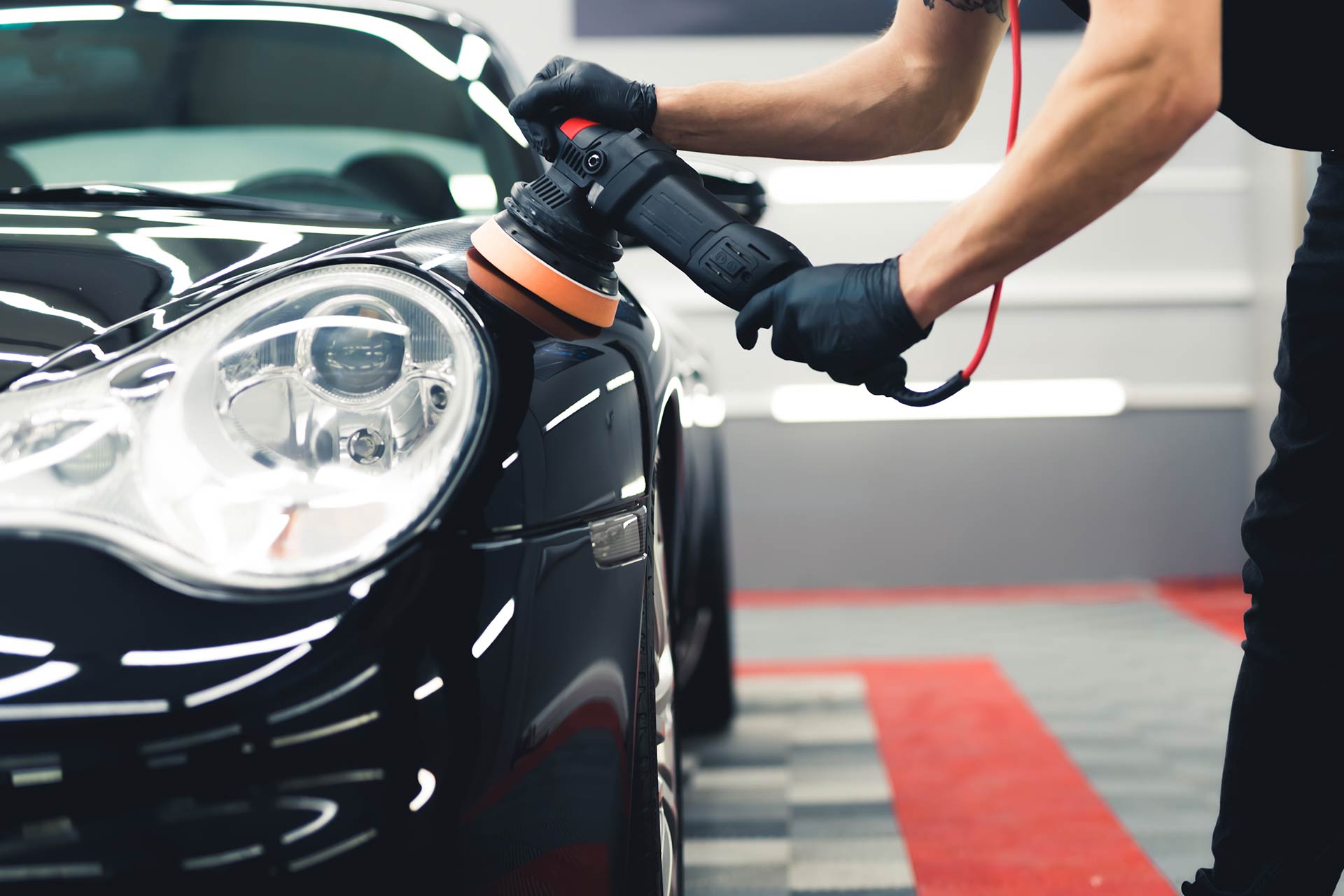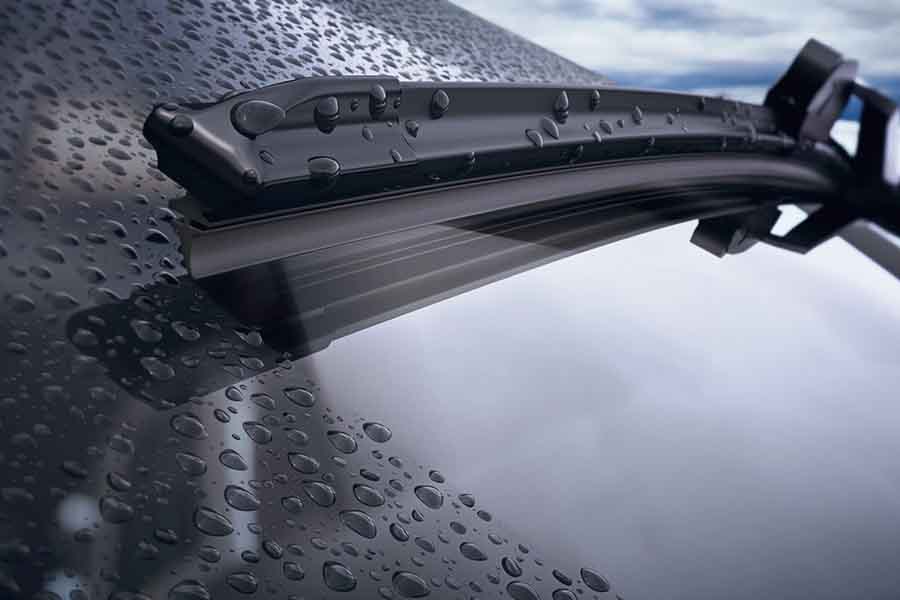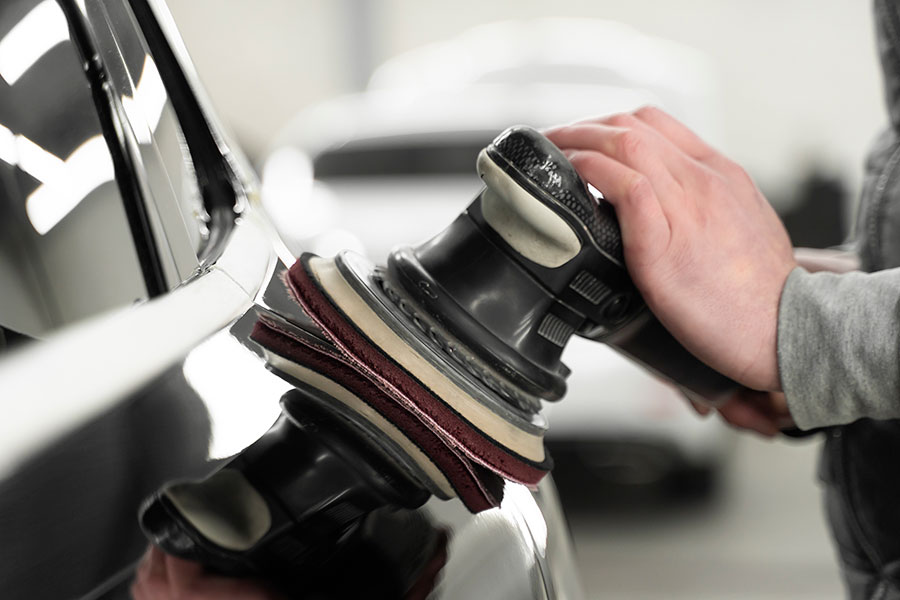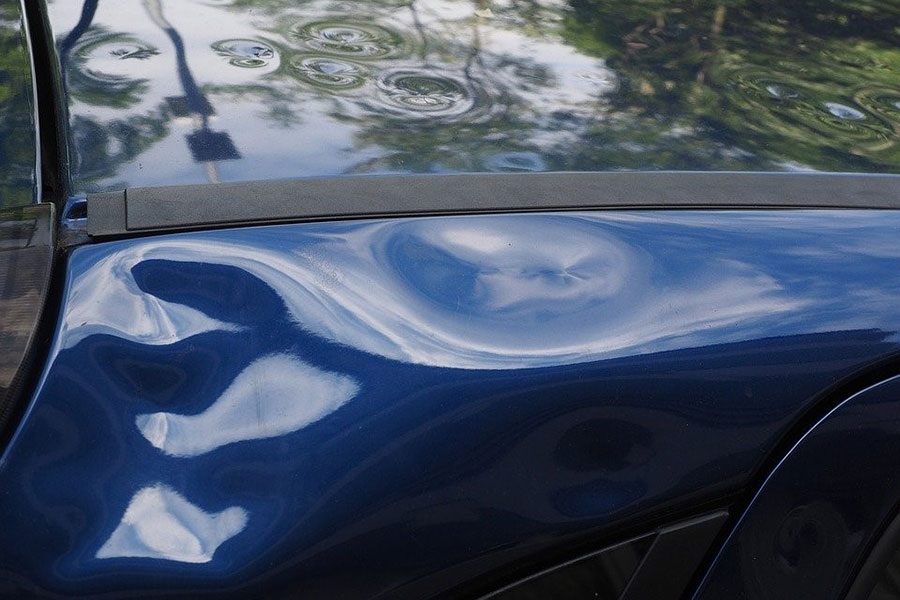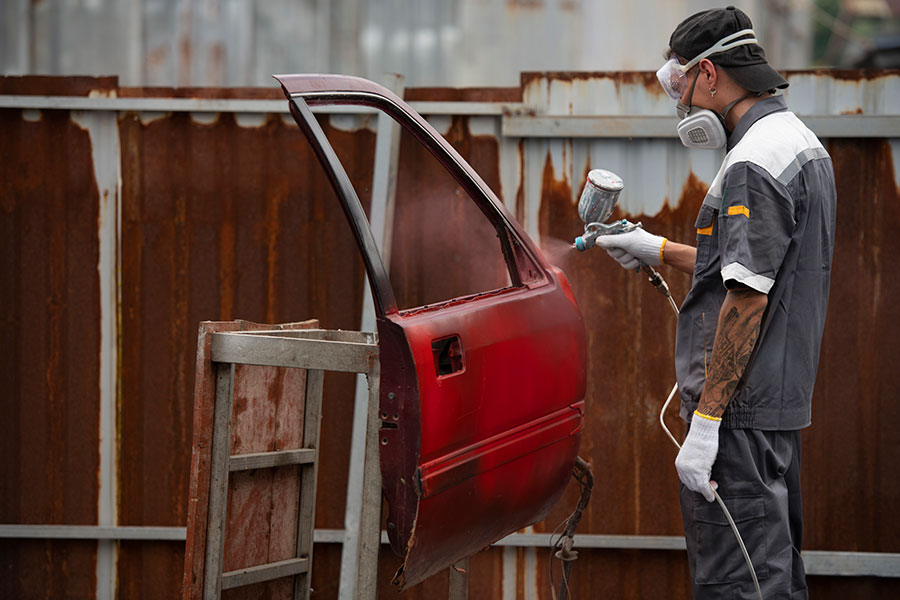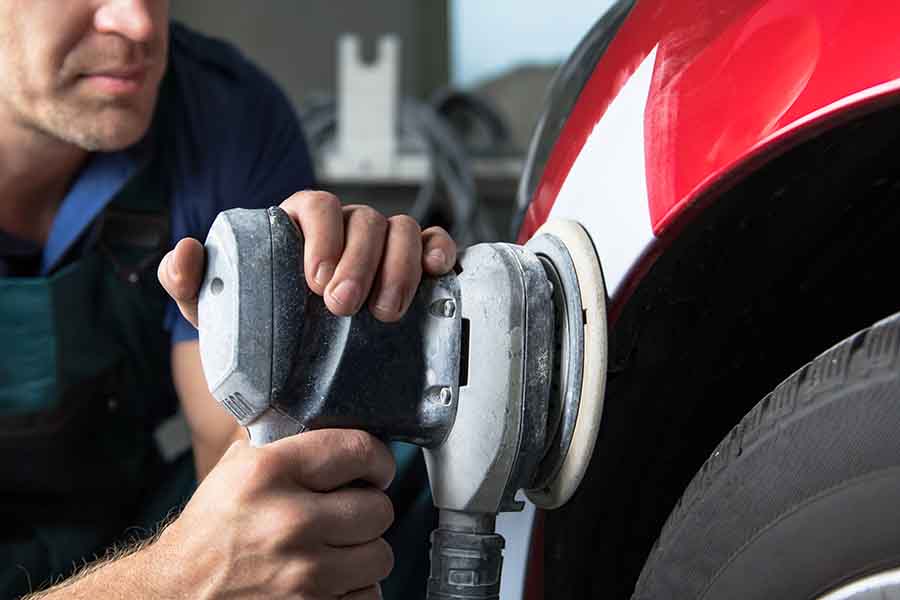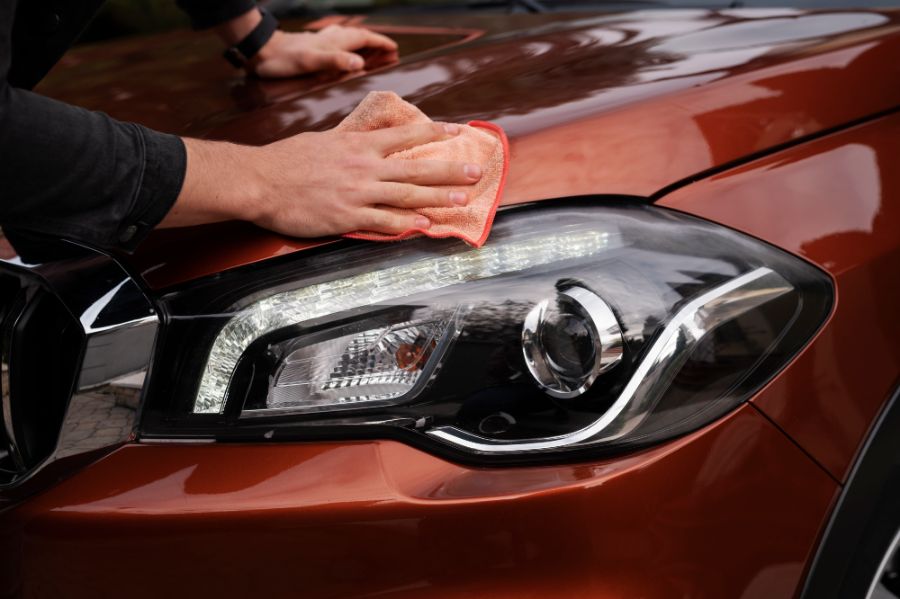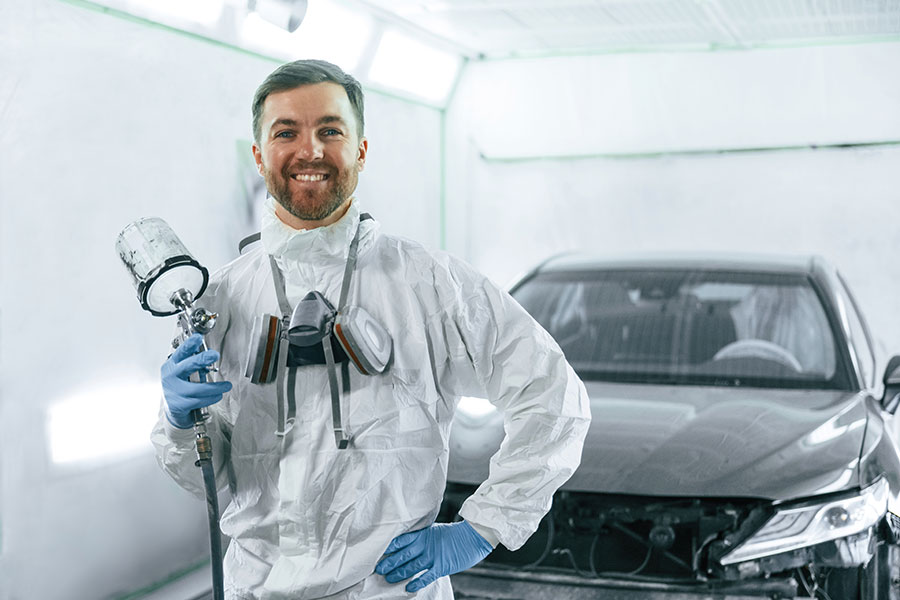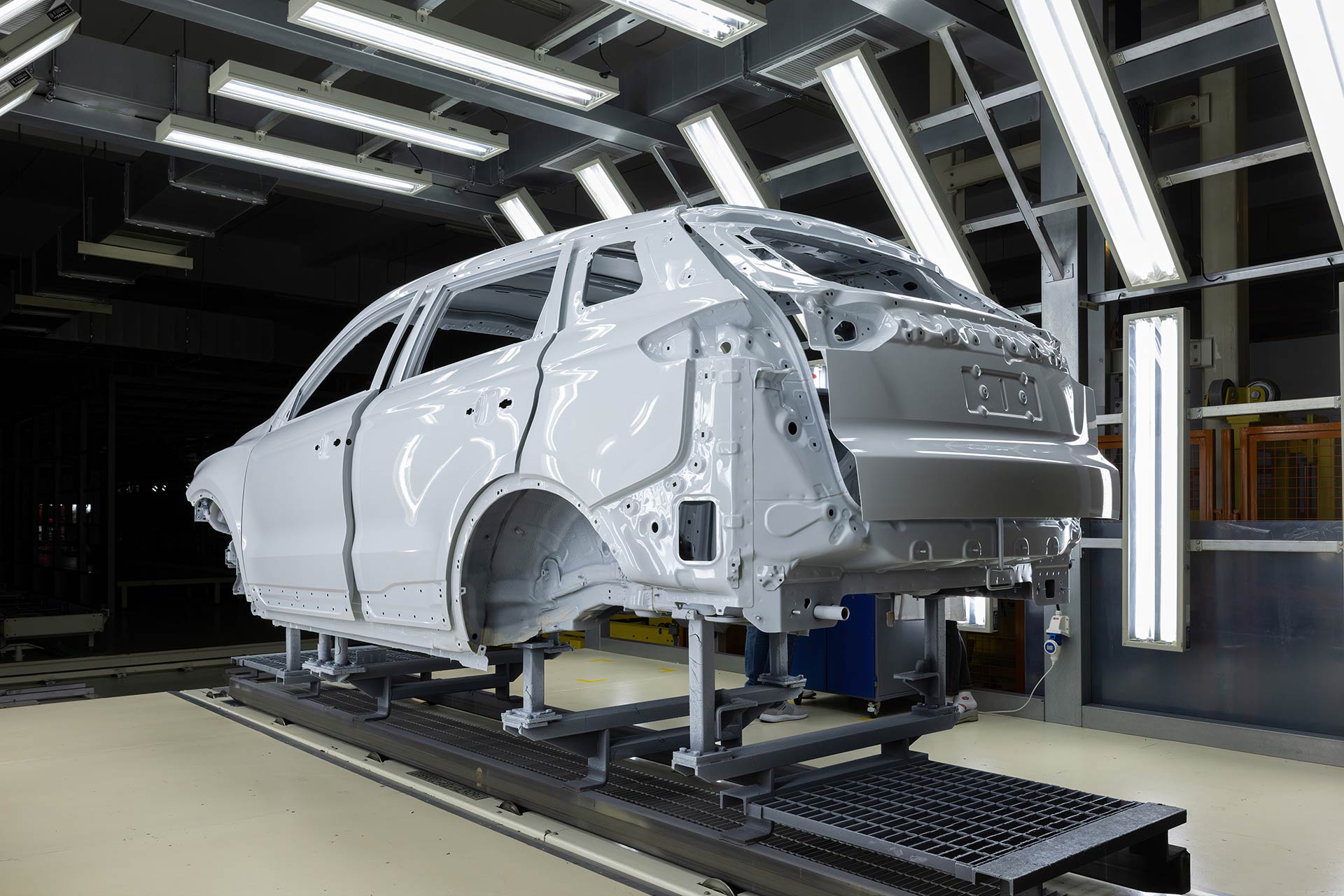Ever had that "Oops" moment with your car? Whether it's a minor scratch or a major dent, knowing how to handle auto body repair can save you time and money. From DIY fixes to recognizing when it's time to call in the pros, we've got you covered. We'll also explore how to avoid common pitfalls and ensure your car looks its best without breaking the bank. So, if your ride needs a little TLC, keep reading for practical advice that will get it back in tip-top shape in no time.
Assess Damage Calmly
Take Photos
After an accident, it's crucial to document the damage to your vehicle. This means taking clear pictures from various angles. These photos can be vital for insurance claims and repair assessments. They provide undeniable evidence of the condition of your car post-accident.
Start by capturing wide shots to show the overall context. Then, zoom in on specific damages. Make sure each photo is well-lit and focused. If possible, include landmarks or street signs to establish the location. These details can help speed up the claims process with your insurance company.
Stay Calm
It's natural to feel upset or stressed after a car accident. However, staying calm is essential when assessing auto body damage. Rushed decisions can lead to unnecessary expenses or further complications. Take a moment to collect your thoughts before examining your vehicle.
Remember, safety should always come first. If you're on a busy road, make sure you're in a safe spot away from traffic. Once safe, look over your vehicle calmly. This mindset helps in making rational decisions about the next steps.
Safety Check
Determining if your vehicle is safe to drive after an accident is a critical step. Not all damages are visible at first glance. Some issues might pose serious risks if not addressed immediately.
Check for leaking fluids, tire damage, and whether the headlights and brake lights are functioning properly. If there's any doubt about your car's safety, it's best not to drive it. Arranging for towing is a safer option than risking further damage or accidents.
Driving a damaged vehicle can also lead to more extensive repairs later on. So, if you're unsure, always opt for towing to a certified auto body repair shop.
Explore Repair Options
Dealership Shops
After assessing the damage, it's crucial to explore where to get your car fixed. Dealership auto body shops are often the go-to for many car owners. They specialize in your car’s brand, ensuring high-quality parts and service. These shops have technicians trained by the manufacturer, which means they are experts in your specific vehicle model.
However, this expertise comes at a higher cost. Dealership repairs can be more expensive than other options. But for complex repairs or if your car is under warranty, a dealership might be the best choice.
Independent Shops
Independent auto body shops offer a more cost-effective solution. They usually charge less than dealerships and can still provide quality repairs. These shops can handle a wide range of vehicles and repair needs.
It's essential to research and find a reputable independent shop. Look for certifications, reviews, and recommendations from people you trust. A good independent shop can offer personalized service and may be more willing to negotiate on price.
Mobile Repair Services
For minor damages, consider mobile repair services. These services are convenient because they come to you. They're ideal for small dents, scratches, or chip repairs.
Mobile repair services can be more affordable and quicker than traditional repair shops. They don't have the overhead costs of maintaining a physical shop. This option saves you time and money but is best suited for less severe damages.
Paintless Dent Repair
Paintless dent repair (PDR) is another excellent option for superficial damage. It's a cost-effective and fast method for fixing small dents without needing to repaint your car. PDR works best when the paint surface is intact.
Many independent and mobile repair services offer PDR. It's less invasive than traditional methods and can often be completed in a few hours. This technique not only maintains your car’s original paint but also its value.
Conduct Thorough Research
Online Reviews
After exploring repair options, it's crucial to conduct thorough research on auto body shops. The internet offers a wealth of information through online reviews and ratings.
Look for shops with high ratings and positive feedback. This can give you insight into the quality of their work and customer service. Avoid those with consistently poor reviews, as this is a red flag.
Recommendations
Another reliable source of information is word-of-mouth. Ask friends and family about their experiences with local auto body shops. They can provide honest insights and may even recommend a trusted shop they've used before.
Personal recommendations often lead to finding a shop that delivers both quality work and excellent customer service.
Certifications
Certifications are a key indicator of a shop's commitment to quality. Look for shops that are certified by industry organizations such as the National Institute for Automotive Service Excellence (ASE).
Certifications mean the technicians have met specific standards of knowledge and skill in auto body repair. Also, check if they're affiliated with any reputable industry organizations. These affiliations often require shops to adhere to a set of high standards.
Compare Repair Estimates
Multiple Estimates
After conducting thorough research on auto body repair shops, it's wise to get several estimates. This step ensures you're not paying too much for the repairs. It's like shopping around for any big purchase. You wouldn't buy the first car you see without looking at others. The same goes for repairs.
Getting multiple quotes helps you understand the average cost for your car's repair needs. It also gives you bargaining power. If one shop offers a better price, another might match or beat it. But remember, it's not just about finding the lowest price.
Detailed Breakdown
Each estimate should clearly list all charges. This includes how much labor will cost and the price of parts. A detailed breakdown makes it easier to compare estimates side by side. You can see exactly what you're paying for.
A clear list helps avoid surprises later on. Sometimes, a low overall price hides high costs in certain areas, like labor. Or it might mean they're using cheaper parts that won't last as long. Knowing these details upfront helps make an informed decision.
Quality vs Price
Be cautious of estimates that seem too good to be true. They often are. A significantly lower estimate can be a red flag for poor quality work. Shops offering these low prices might cut corners or use inferior parts.
It's tempting to save money where you can, especially with unexpected car repairs. However, opting for a slightly more expensive repair now can save money and headaches down the line. High-quality work lasts longer and can prevent further issues with your vehicle.
Choose Repair Shop Wisely
Warranty Offered
Selecting a repair shop that offers a warranty on their work is crucial. This ensures that if something isn't right after the repair, you won't have to pay again. Shops confident in their work often provide warranties as a sign of quality.
It's important to ask about the length and coverage of the warranty. Some cover parts, labor, or both. Make sure you understand what's included before making a decision.
Specialization Matters
Prioritize shops that specialize in your car's make and model. These experts are more likely to have the latest tools and knowledge. They understand your vehicle's unique needs.
Shops with a focus on specific car brands can offer higher quality repairs. They have experience with common issues and can spot potential problems easily.
Location Convenience
Consider the shop's location and its convenience for you. A nearby shop means less travel time and easier follow-up if needed. However, don't let distance be the only factor. Quality and trustworthiness are more important.
A convenient location also helps if you need to leave your car for several days. It makes picking up your vehicle less of a hassle once repairs are completed.
DIY Repair Techniques
Basic Skills
Learning basic repair techniques is the first step to handling minor auto body issues. Small dents and scratches don't always need a professional's touch. With the right tools and some patience, you can make these repairs yourself.
For small dents, using a plunger might be all you need. Just wet the plunger and the dent, then push and pull until the dent pops out. For scratches, sanding the area lightly and applying a matching paint can work wonders. It's crucial to take your time and work carefully to avoid making the problem worse.
DIY Kits
Reputable sources are essential when purchasing DIY repair kits. Not all kits are created equal, and using one from a trusted brand can mean the difference between a seamless repair and a noticeable patch job.
Online reviews and auto repair forums are great places to find recommendations for high-quality kits. Make sure to buy one that matches your car's specific needs. Some kits are designed for dents, while others are better for scratches or paint touch-ups.
Risks and Limits
Understanding the risks and limitations of DIY repairs is crucial. Not every damage can or should be fixed at home. Deep dents, large scratches, or any damage that affects your car's structural integrity require professional attention.
Attempting complex repairs without the necessary skills can lead to further damage. This not only affects your car's appearance but its safety too. Before starting any repair, assess whether it's something you can realistically handle.
In situations where choosing a repair shop is unavoidable, remember the advice from the previous section on selecting wisely. Combining professional help for major repairs with DIY techniques for minor issues is often the best approach.
Maximize Insurance Benefits
Review Policy
After exploring DIY repair techniques, it's crucial to understand how to maximize insurance benefits for auto body repairs. The first step involves a thorough review of your insurance policy. This isn't just about knowing what's covered; it's about understanding the specifics of your coverage limits and deductibles.
Many drivers overlook this detail until they need repairs. By knowing your policy inside out, you can avoid unexpected costs. For instance, if your deductible is high, it might be worth comparing the cost of DIY repairs with the insurance-covered service.
Communicate Adjuster
Direct communication with your insurance adjuster plays a pivotal role in the claims process. After an accident, reach out to them as soon as possible. They'll guide you through the necessary steps to file your claim.
It's important to ask questions and clarify any doubts. This ensures that both parties have a clear understanding of the claim's status and what is expected. Remember, adjusters are there to help, but they also need accurate information from you to process your claim efficiently.
Keep Records
Keeping detailed records is essential for a smooth reimbursement process. This includes all repair quotes, invoices, and any other expenses related to the auto body repair.
Build Shop Relationship
Good Communication
Establishing a strong communication line with the auto body repair shop is crucial. It ensures that both parties understand the repair needs and expectations.
Start by sharing your concerns and what you expect from the repair process. Ask questions about their procedures, timelines, and costs. This openness will help in setting realistic expectations.
After dropping off your car, keep in touch. They might need more information or approvals from you as they work on your vehicle.
Provide Feedback
Feedback is a gift for businesses looking to improve. After your car has been repaired, take a moment to share your experience with the shop.
Let them know what they did well and where they could do better. Positive feedback encourages good practices, while constructive criticism helps them improve. Your insights can lead to better service not just for you but for future customers too.
Loyalty Benefits
Many shops appreciate repeat business and may offer loyalty programs or discounts for future services. Inquire about any available programs during your initial visit or after the repair is complete.
These benefits can save money on future repairs and encourage a lasting relationship with the shop. It's a win-win: you get quality service at a better price, and they secure a loyal customer.
Final Remarks
Navigating auto body repair doesn't have to be a headache. You've got the roadmap: calmly assess damage, weigh your options, do your homework, compare estimates, pick the right shop, consider DIY, use insurance wisely, and foster good relationships with repair shops. Each step is crucial, ensuring you make informed decisions that save time, money, and stress. Your car's recovery hinges on these actions—take them seriously.
Now, gear up and put this knowledge into action. Don't let auto repair challenges stall you. With these tips in hand, you're ready to tackle any bumps or bruises your vehicle faces. Drive confidently into your next repair adventure, knowing you're equipped to handle it like a pro. And remember, sharing is caring. Pass on these lifesavers to fellow drivers in need. Let's hit the road to smarter, smoother auto body repair together.
Frequently Asked Questions
How do I assess car damage after an accident?
Start by documenting the damage with photos and notes. This initial assessment will be crucial for insurance claims and repair decisions.
What should I consider when exploring auto body repair options?
Consider the type of damage, cost of repairs, and whether to use original manufacturer parts or aftermarket parts. Safety and quality should guide your decision.
How can I conduct thorough research on auto body shops?
Look for certified technicians, read online reviews, and check for a shop's warranty policies. Prioritize shops with a strong reputation for quality work.
Why is comparing repair estimates important?
Comparing estimates helps ensure you're getting fair pricing and quality service. It allows you to see different options and make an informed decision.
What criteria should I use to choose an auto repair shop wisely?
Choose based on certifications, warranties offered, quality of previous work, and recommendations. Trust and transparency are key factors.
Are DIY repair techniques advisable for auto body damage?
DIY repairs are best for minor damages. For complex or structural damage, professional help is recommended to ensure safety and quality.
How can I maximize my insurance benefits after an auto accident?
Understand your policy details, submit a thorough claim with documentation of the damage, and negotiate with the insurance company if necessary. Always advocate for your rights.
Why is building a relationship with an auto repair shop beneficial?
A good relationship can lead to better service, trustworthy advice, and potentially lower costs over time. Loyalty can also mean priority treatment in busy times.
